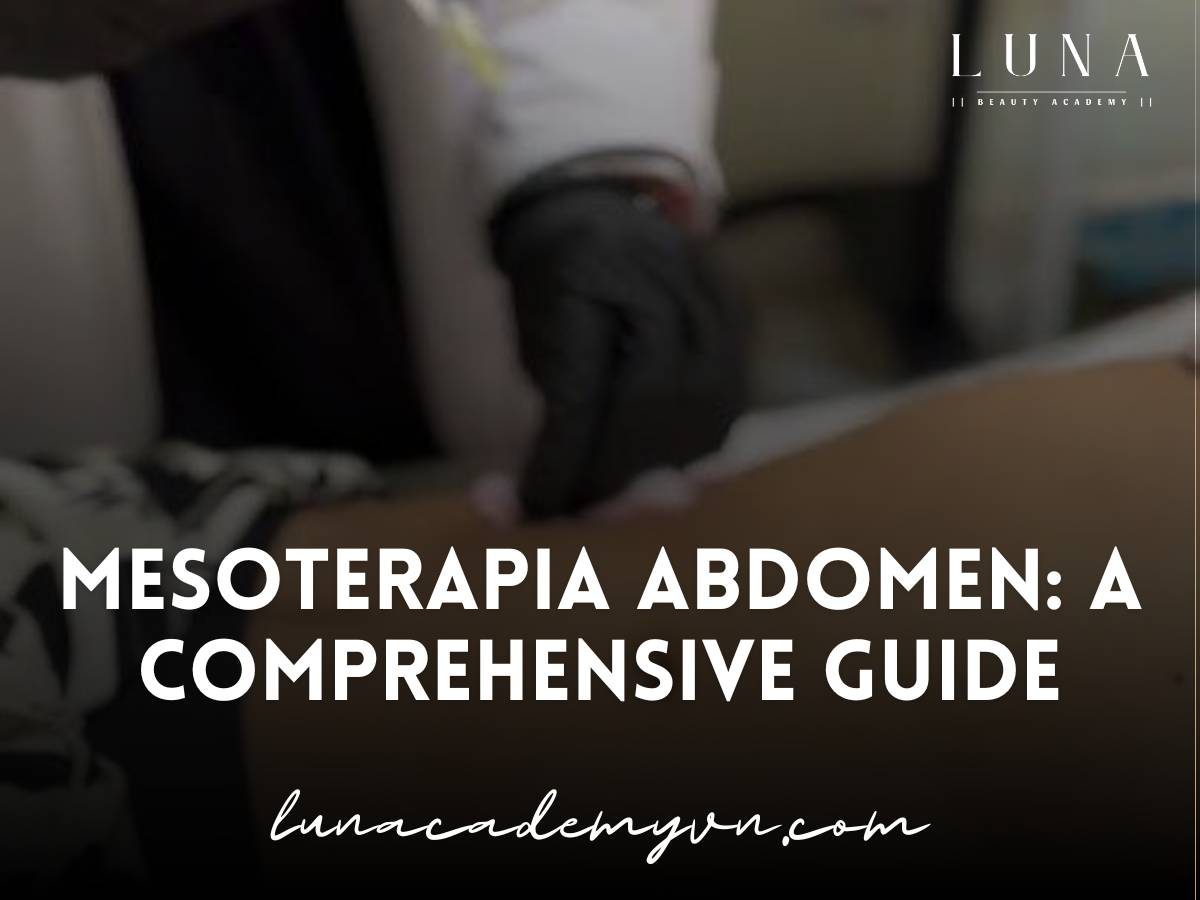Mesoterapia abdomen is a non-invasive cosmetic treatment used to target localized fat, cellulite, and sagging skin. It involves the injection of vitamins, enzymes, hormones, and plant extracts into the middle layer of the skin (the mesoderm) to rejuvenate and tighten the skin while reducing fat deposits. The treatment was first developed in France by Dr. Michel Pistor in 1952 and has since become a popular method for fat reduction, especially in areas like the abdomen.
Table of Contents
ToggleWhat is Mesotherapy for the Abdomen?

Mesotherapy for the abdomen specifically targets stubborn fat in this region, which can be difficult to lose through diet and exercise alone. The treatment works by injecting a customized solution directly into the fatty tissues, where it breaks down fat cells. Over time, the body naturally eliminates the fat through its normal metabolic processes. While mesotherapy can be used in many areas of the body, the abdomen is one of the most common due to its tendency to accumulate fat, particularly as a result of aging, hormonal changes, or lifestyle factors.
In addition to fat reduction, mesotherapy is also used to treat skin laxity on the abdomen. After significant weight loss or pregnancy, the skin may appear loose and saggy. Mesotherapy can help tighten this skin, providing a smoother and firmer appearance.

The substances used in mesotherapy vary depending on the patient’s needs and goals but often include:
Phosphatidylcholine (PPC): A compound that helps break down fat.
Deoxycholate (DC): A bile acid that assists in fat digestion and breakdown.
Hyaluronic acid: Renowned for its ability to hydrate and plump the skin.
Amino acids, vitamins, and minerals: To nourish the skin and support the body’s fat-burning processes.
While mesotherapy has gained popularity for cosmetic purposes, it is also used in medical treatments for conditions such as chronic pain, sports injuries, and even alopecia (hair loss).
Does Mesotherapy for the Abdomen Work?

The efficacy of mesotherapy for the abdomen depends on several factors, including the patient’s body type, the amount of fat to be reduced, and how the body responds to the treatment. However, many patients notice visible improvements after only a few sessions.
How It Works
Mesotherapy works by using lipolysis—a process in which fat cells are broken down. The active ingredients in the injections disrupt the membrane of fat cells, causing them to rupture and release their contents. Once the fat cells are broken down, the body’s lymphatic system naturally flushes them out.
It’s important to note that mesotherapy is not a quick fix for significant weight loss but rather a method for refining the body’s contours by targeting areas of localized fat that are resistant to traditional weight-loss methods. In this way, it is ideal for people who are close to their ideal weight but want to reduce stubborn pockets of fat, especially around the abdomen.

The number of sessions required to see noticeable results can vary, but most patients undergo between 3 to 10 treatments. The sessions are typically spaced two to four weeks apart. Many patients begin to see changes after their third or fourth session, but optimal results are generally visible after completing the full course of treatments.
Factors That Influence Success
Patient’s Health and Lifestyle: Mesotherapy results are enhanced when combined with a healthy lifestyle. Patients who maintain a balanced diet and regular exercise regimen are more likely to see significant and lasting results. Conversely, those who return to unhealthy habits after treatment may see diminished results.
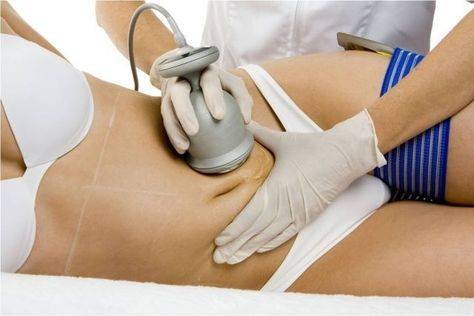
Amount of Fat: Patients with a small to moderate amount of fat in the abdominal region tend to see better results than those with a significant amount of excess fat. In cases where a large volume of fat needs to be reduced, alternative treatments like liposuction may be more effective.
Age and Skin Elasticity: Younger patients, or those with good skin elasticity, tend to experience more noticeable skin tightening effects from mesotherapy. As we age, our skin loses collagen and elasticity, which may impact the degree of skin tightening achieved through the treatment.
Injection Technique and Formula: The skill of the practitioner and the specific formulation used in the mesotherapy injections play a significant role in the outcome of the treatment. Customizing the solution to meet the patient’s needs (e.g., focusing on fat reduction versus skin tightening) can greatly enhance results.
Consistency with Treatment: Adhering to the recommended number of sessions is critical. Mesotherapy works cumulatively, meaning results improve over time with repeated treatments.
MORE: Hair Botox: Understanding the Treatment and Its Disadvantages
Studies and Clinical Results

Several studies have looked into the effectiveness of mesotherapy, particularly in the abdominal area. Clinical evidence suggests that mesotherapy can be effective in reducing fat and improving skin texture when combined with a healthy lifestyle. In a study conducted in 2010, patients who received mesotherapy in the abdominal area reported a 25% reduction in localized fat after a series of treatments, with improvements in skin tone and firmness.
While the results can be promising, it’s essential to have realistic expectations. Mesotherapy can provide significant improvements, but it may not completely eliminate all fat or skin issues.
Mesotherapy for the Abdomen: Before and After
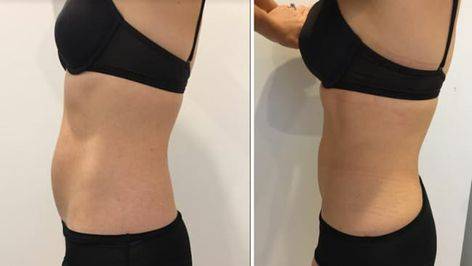
One of the most significant advantages of mesotherapy is its ability to produce noticeable changes without the need for surgery or downtime. However, the before-and-after results can vary depending on individual circumstances.
Before the Treatment
Before undergoing mesotherapy for the abdomen, it’s essential to have a thorough consultation with a qualified practitioner. During this consultation, the practitioner will assess the patient’s medical history, evaluate the area to be treated, and discuss the patient’s goals and expectations.
Patients should avoid taking anti-inflammatory medications, aspirin, and blood thinners for at least 48 hours before the treatment to minimize the risk of bruising. Additionally, it’s advisable to maintain a healthy lifestyle in the weeks leading up to the treatment, as this will help enhance the overall results.
The Treatment Process
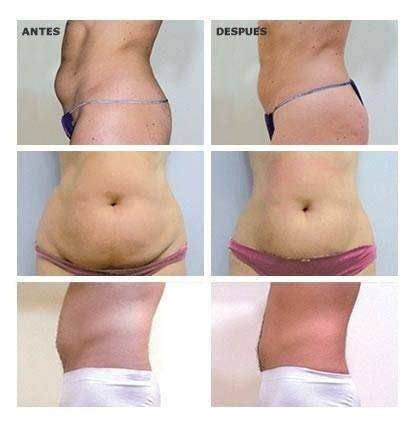
The actual procedure is relatively quick, typically lasting between 30 minutes to an hour. During the treatment, the practitioner will inject small amounts of the substance into the targeted areas.
the mesotherapy solution into the targeted areas of the abdomen using a fine needle. Multiple injections may be administered to ensure the entire area is evenly treated.
The injections can cause a mild burning or stinging sensation, but most patients tolerate the procedure well. Some practitioners may use a topical anesthetic to minimize discomfort.
After the Treatment
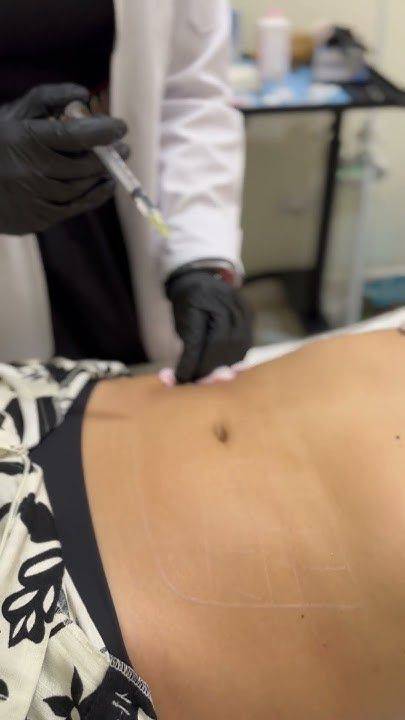
After the treatment, patients can usually resume normal activities immediately. However, it’s normal to experience some swelling, bruising, and redness in the treated area, which should subside within a few days. It’s advisable to avoid strenuous exercise and hot baths for 24 to 48 hours after the treatment to allow the body to heal.
In the weeks following the treatment, the body will gradually break down and eliminate the fat cells, leading to visible improvements in the appearance of the abdomen. Skin may also appear firmer and more toned due to the tightening effect of the treatment.
Before and After Results
The most noticeable changes after mesotherapy for the abdomen are typically seen in the reduction of fat and the improvement of skin texture. While individual results can vary, many patients report a visible reduction in the size of their waistline, a flatter stomach, and smoother, firmer skin.
For example, a patient with mild to moderate fat in the abdominal area may see a reduction of 1 to 2 inches from their waistline after completing a full course of treatments. Skin laxity, often an issue after pregnancy or weight loss, may also improve, giving the abdomen a more toned appearance.
Patients with more significant fat deposits may see less dramatic results, but they can still achieve noticeable improvements with additional sessions.
Maintenance and Long-Term Results
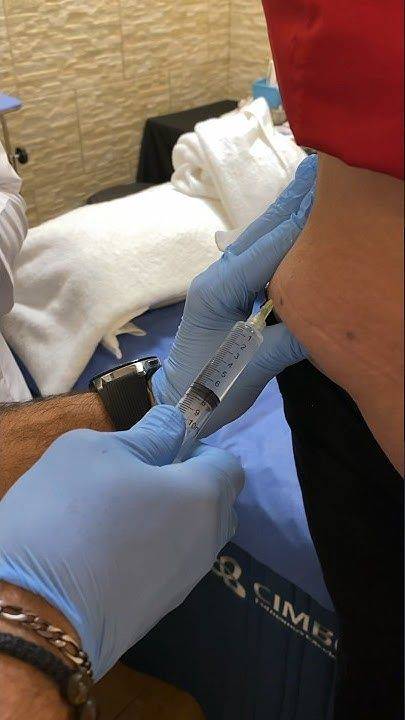
To maintain the results of mesotherapy, patients should continue to follow a healthy diet and exercise regularly. While the fat cells that have been broken down and eliminated will not return, remaining fat cells can enlarge if weight is gained, which may diminish the results of the treatment.
Some patients opt for periodic maintenance treatments to prolong their results and prevent new fat accumulation in the abdomen. However, these touch-up treatments are generally less frequent and less intensive than the initial course of mesotherapy sessions.
Conclusion
Mesotherapy for the abdomen offers a non-invasive, effective solution for individuals looking to target localized fat and improve the appearance of sagging skin. While it’s not a substitute for weight loss, it can enhance the body’s contours by breaking down stubborn fat and tightening the skin. The treatment works best when combined with a healthy lifestyle, and patients should have realistic expectations about the results.
By understanding how mesotherapy works and what to expect before and after the treatment, patients can make informed decisions about whether this procedure is the right option for their body goals.
To stay updated with essential beauty tips and information from Luna Beauty Academy, follow us and check back regularly for the latest insights. We’re dedicated to providing you with the most valuable and current knowledge in the beauty industry!

